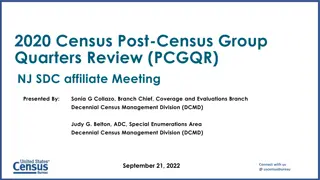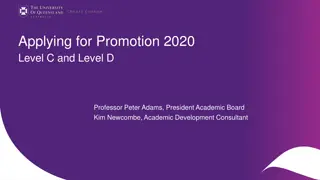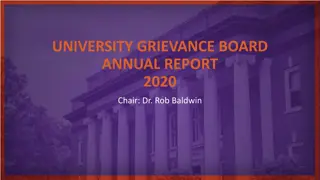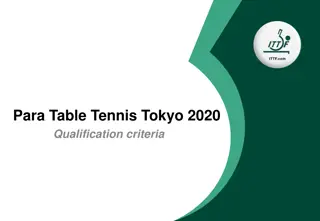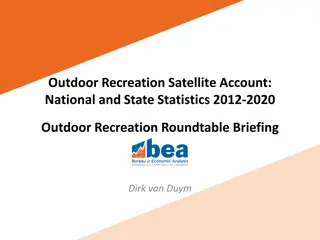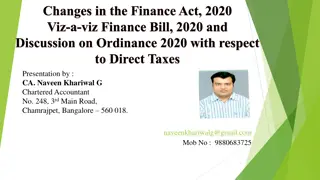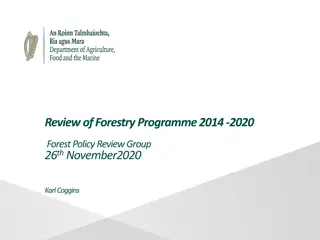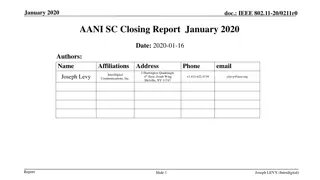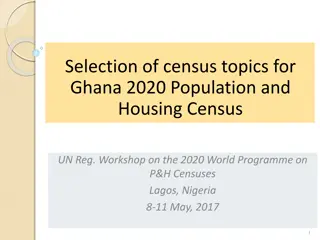
Vocabulary Activities for Language Learning
Enhance your vocabulary skills with activities that involve completing sentences and understanding indirect reports of wh-questions. Explore examples of child prodigies, inappropriate behavior, and making a difference in society. Practice transforming direct questions into indirect ones for effective communication.
Download Presentation

Please find below an Image/Link to download the presentation.
The content on the website is provided AS IS for your information and personal use only. It may not be sold, licensed, or shared on other websites without obtaining consent from the author. If you encounter any issues during the download, it is possible that the publisher has removed the file from their server.
You are allowed to download the files provided on this website for personal or commercial use, subject to the condition that they are used lawfully. All files are the property of their respective owners.
The content on the website is provided AS IS for your information and personal use only. It may not be sold, licensed, or shared on other websites without obtaining consent from the author.
E N D
Presentation Transcript
VOCABULARY child prodigy a child unusually intelligent for their age not good for something leave school or university ready to give money or things to other people unusual, extraordinary inappropriate drop out of generous exceptional
SB, p.70, Vocabulary 2 Complete the sentences with the words: various, child prodigy, shut down, inappropriate, upload, drop out of, be self-confident, make a difference 1. In our restaurant you can try ___________ dishes. 2. This program will __________ soon. 3. People like to _________ the photos they took on their vacation. 4. If you want to succeed you must __________________. 5. Mozart was a _____________, he wrote his first symphony at the age of eight. 6. He decided to _________ school and open his own shop. 7. I think she should change her clothes, because these are __________ for school. 8. Many scientists managed to ________________ in the development of human civilization.
1. In our restaurant you can try various dishes. 2. This program will shut down soon. 3. People like to upload the photos they took on their vacation. 4. If you want to succeed you must be self-confident. 5. Mozart was a child prodigy ,he wrote his first symphony at the age of eight. 6. He decided to drop out of school and open his own shop. 7. I think she should change her clothes, because these are inappropriate for school. 8. Many scientists managed to make a difference in the development of human civilization.
Indirect reports of wh-questions consist of a reporting clause, and a reported clause beginning with a wh-word. Andy: What do you want? Andy asks me S + verb (Affirmative statement word order) what I want.
Examples of indirect speech with WH-QUESTIONS DIRECT QUESTIONS INDIRECT QUESTIONS Betty asks me when I came. Betty: When did you come? Sarah s father asks Sarah why she is crying. Sarah s father: Why are you crying, Sarah?
SB, p. 71, Grammar 1 Look at the example. Then do the following: Psychologists: What do you like to do? Psychologists ask people what they like to do. 1. Our teacher: What do you usually read before you go to bed? Our teacher asks us what we usually read before we go to bed. 2. My mom: Where are you going now? My mom asks me where I am going now. 3. A father: Daughter, where have you been? A father asks his daughter where she has been. 4. My grandmother: What did you do yesterday? My grandmother asks me what I did yesterday. 5. Our neighbor: Mr. Johnson, who was singing last night? Our neighbor asks Mr. Johnson who was singing last night. 6. Milica : Marko, how can we help our neighbors? Milica asks Marko how they can help their neighbors.

